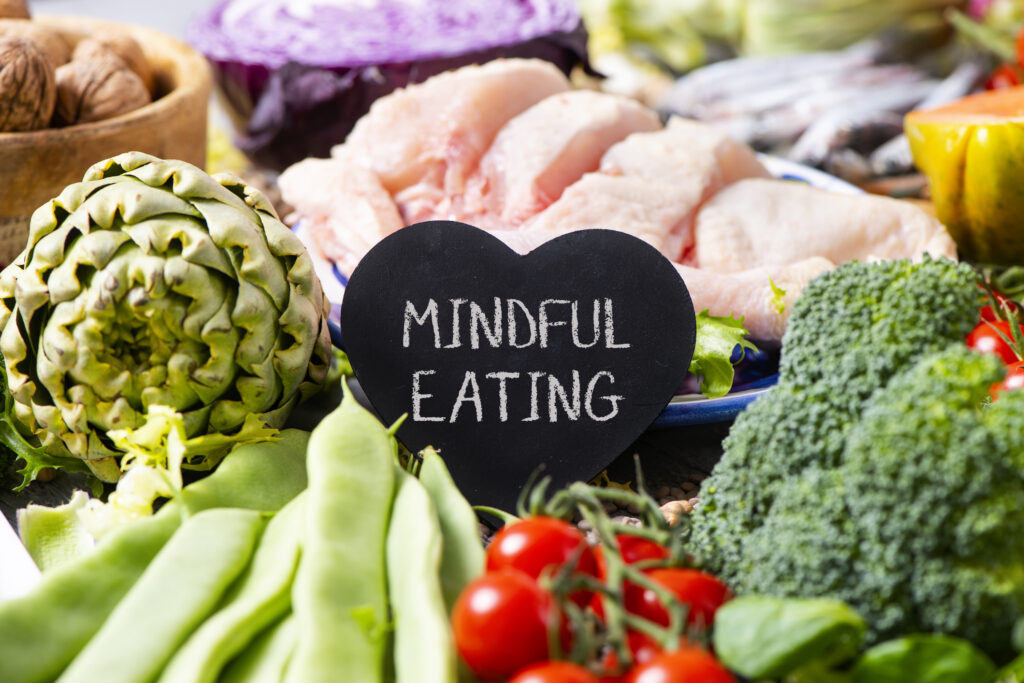In 2017, there is a bounty of diets, diet pills, and protein shakes on the market, that it makes it hard to see what is best when it comes to your nutritional plan. Every single one of these items on the market is generalized to an idea of certain groups of people when nobody is the same. Here are a few tips on how to create a nutritional meal plan based on you.
-
Find a plan that is going to work for you and your lifestyle.
Your eating plan shouldn’t feel like a “diet” or a chore, rather it should be a lifestyle. Pick options that work well with your schedule and resources.
-
Eat breakfast.
I get it, it’s not the easiest thing to do every morning. As it is, we have trouble getting out of bed at the crack of dawn, never mind doing it 15 minutes earlier to make and eat breakfast. However, breakfast is the most important meal of the day. It not only starts your metabolism, but it gives you the energy to power through the day (until lunch).
-
Eat a collection of different colored foods.
This will assure that you get enough vitamins, minerals, and fiber. Fresh fruits and vegetables are a great way to accomplish this. Eating fresh produce that is in-season will naturally produce variety in your diet along with being cheaper than purchasing items out of season.
-
Portion control.
Yes, food tastes good, and you want more of it… but portion control plays a big part in your nutrition by not eating more than your body can break down in a set amount of time.Use measuring cups to see how much food you are actually eating. Switching to smaller plates, bowls, and cups will help keep calorie counts low, as your plate looks fuller, rather than empty on a large plate.
-
Eat smaller more frequent meals.
Eating six smaller meals throughout the day is better than eating three big meals, as it keeps your blood sugar from spiking and will thus keep your energy level consistent throughout the day.
-
Plan meals in advance.
If you allow yourself to become hungry you will make poor choices. Make sure you have healthy snacks and meals planned in advance especially if you know you’re going to be busy. This will allow for smarter, more nutritious choices.
-
Drink plenty of water.
Hunger can often be disguised as thirst so make sure you are well hydrated. Drinking water instead of sugary drinks limits calories; if you prefer to have some flavor in your beverage, add a slice of lemon or lime. An idea of how much, studies show a gallon of water a day is ideal (8 16.9 fl oz water bottles).
-
Read labels.
If you’re like me, when you’re feeding your kids and pets, the first thing you do is look at the ingredients. Why not do the same for yourself? Taking a look at food labels will clue you in on which foods are high in sodium, sugar, or other additives that may wreck havoc on your nutrition plan.
-
Limit Your Sodium Intake.
Salt induces your body to hold on to water. By eating too much sodium saturated foods, your body will retain and store water, and too much of this will raise your blood pressure. If your blood pressure gets too high, it puts a strain on your heart, arteries, kidneys and your brain. Remove foods high in sodium from your diet, and limit adding salt when cooking, instead, try using fresh herbs and spices to add flavor.


